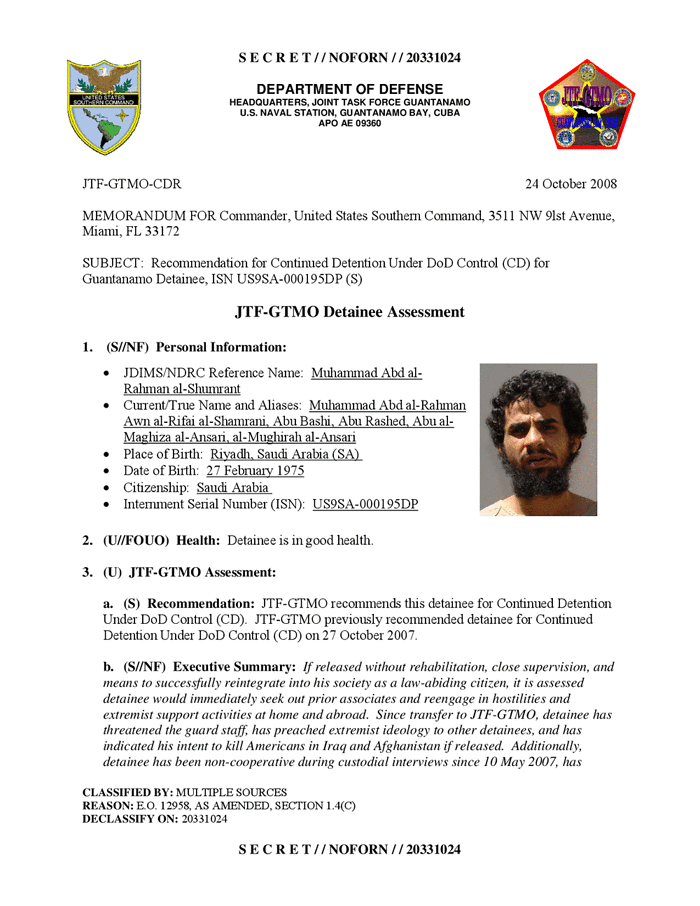State Department to release Huma Abedin email trove
Politico: The State Department has agreed to process for public release an archive of 29,000 pages of emails longtime Hillary Clinton aide Huma Abedin sent or received on a private account while working as deputy chief of staff to Clinton from 2009 to 2013.
Abedin turned over the collection of emails to State last year at the agency’s request following the controversy over the disclosure of Clinton’s exclusive use of a private email account while secretary of state. Unlike Clinton, Abedin had an official email account, but she was among senior officials asked to provide any work-related messages in their personal accounts after State officials became concerned that the agency did not have copies of all the official records it should.
State has been releasing portions of Clinton’s email trove on a monthly basis in connection with a court order, a process that is expected to conclude Jan. 29. That process has led to release of some emails Clinton and Abedin exchanged.
At a court hearing in September, a Justice Department attorney said State had no plans to process for release all of the emails submitted by Abedin and other top aides such as Chief of Staff Cheryl Mills and Director of Policy Planning Jake Sullivan.
However, a legal filing Monday in a lawsuit brought by the conservative group Judicial Watch indicated State has acceded to a request to process all the emails Abedin turned over, except for news articles and summaries.
“The parties have agreed that State will produce to Judicial Watch responsive, nonexempt records from within the recently received documents, excluding news clippings/briefings contained therein,” said the court filing (posted here).
The schedule the two sides agreed to has the disclosure of the records overlapping significantly with Clinton’s presidential campaign and will have the State Department ramping up release of Abedin’s private emails just as the agency winds down its disclosure of Clinton’s messages.
The agency has agreed to begin turning Abedin’s personal-account emails over to Judicial Watch in March at a rate of at least 400 pages a month, with releases complete by April 2017. U.S. District Court Judge Beryl Howell adopted the proposed schedule as an order later Monday.
“This is just an orderly way of getting these records, subject to court oversight,” Judicial Watch President Tom Fitton said in an interview Monday. “This is a review of each of those documents.”
In all the cases, the former officials or their lawyers selected the potential federal records from among the broader set of personal and work-related officials in the private accounts.
Fitton said the group wants to check Abedin’s messages against Clinton’s to see if the former secretary’s aide may have deemed some emails to be official that Clinton did not turn over to State.
“Obviously, she was as close an aide as you could have had to Mrs. Clinton. If Mrs. Clinton didn’t keep records she should have or destroyed or deleted them, maybe we can find them through Ms. Abedin. And Ms. Abedin’s activities are also controversial,” the conservative activist said.
An attorney for Abedin did not immediately respond to a request for comment. *** But more about Huma’s lawyer….Miguel Rodriguez……
Breitbart: Top Hillary Clinton aide Huma Abedin’s lawyer for the email investigation has a glaring conflict-of-interest in the case: he was an Obama administration “point person” on Benghazi who dealt with classified information and exchanged redacted emails with Hillary Clinton.
Miguel Rodriguez of the Washington law firm Bryan Cave is part of Abedin’s big-money legal team and is already handling communications with the government on her behalf during the scandal.
But Rodriguez brings some personal baggage to his role as Abedin’s counsel, as first noted by blogger Ron Brynaert.
Before joining Bryan Cave, Rodriguez served as deputy assistant secretary at Hillary Clinton’s State Department; then he was President Obama’s legislative director, where he became a “point person” on the administration’s Benghazi response.
“Once the attack piqued the interests of lawmakers, there were dozens of hearings, some of them classified,” the Washington Post reported in March 2013. “Senators and representatives had reports to review and questions they wanted answered about Benghazi. With the integrity and reputations of both Obama and Clinton on the line, Rodriguez emerged as a behind-the-scenes point person, colleagues said.”
Hillary Clinton spokesman Philippe Reines told the Post that “Miguel was not just in the thick of it; he was at the forefront of it. It was just an around-the-clock effort, and we leaned on Miguel as if he never left State.”
On October 28, 2010, Rodriguez pinged Abedin on a group email with subject line “Baby,” which Abedin forwarded to Hillary with the line “Fyi.” That entire email was completely redacted in the State Department’s ongoing release of some Clinton emails.
Rodriguez advised top Clinton staffer Jacob Sullivan in July 2010 on a hearing chaired by Sen. Bob Menendez regarding the Libyan “Lockerbie Bomber,” and Sullivan forwarded Rodriguez’s advice to Clinton.
“I asked who they think Menendez might want to call as a witness. They said Tony Blair. I laughed. They didn’t,” Rodriguez wrote.
Rodriguez offered advice to a Clinton State Department spokesman in a November 24, 2009 email that was forwarded directly to Clinton through her top aide Cheryl Mills.
“Our nominations wallah — perhaps you have met him already, Miguel Rodriguez — agrees with my gut that, if you are announced before the trip next week, you should probably send someone else in your place,” State Department official Matthew Rooney wrote to former Clinton State Department spokesman Ian Kelly. “Even though your day job gives you every reason to go, as soon as you are public you want to avoid any gesture that a Senator could interpret as presuming advice and consent.”
A representative for Rodriguez at Bryan Cave did not provide a comment for this report.

